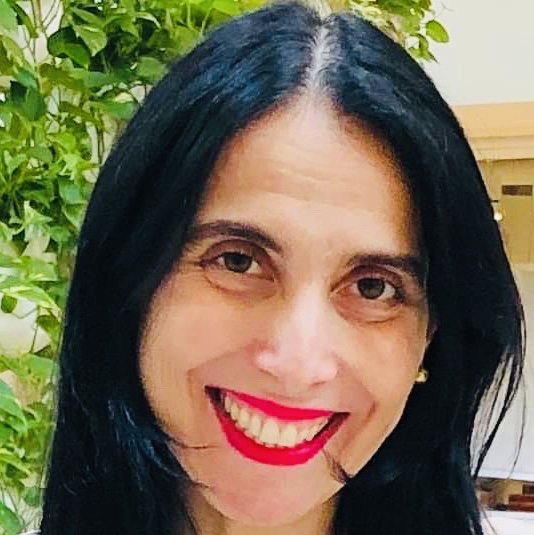4 minutes
Businesses and boardrooms benefit from including these voices.
Everyone is talking about race, gender, and LGBTQ+ rights, but there’s another diverse group that is frequently left out of the conversation.
As a disabled person battling Multiple Sclerosis, I am a member of that diverse community that is frequently ignored and overlooked at work. Even more relevant, I can relate to my able-bodied co-workers because, for the first 22 years of my life, I was just like them—and you. But everything changed when I was diagnosed with MS 26 years ago.
I still remember the first time I walked into the shoe department and realized I wouldn’t be able to wear high heels any longer. I broke down and started crying on the same chair I used to try on my favorite designer pumps.
For the next 14 years, I tried to hide my disability at work. I feared my employer and co-workers would view me differently once they realized I was different. My self-esteem plummeted.
If the Labor Department statistics are correct, there are millions of workers exactly like me, hiding their disability. According to the Centers for Disease Control and Prevention, roughly 25% of Americans are disabled. These are workers who could be contributing to the American workforce during this extremely tight labor market.
Disabled Workers Bring Unique Perspectives to the Workplace
Disabled employees not only add to a company’s diversity and corporate social responsibility but, government labor statistics show, they also increase productivity and contribute to higher revenue.
According to a report published by Accenture in 2018, companies that prioritize inclusion of disabled people are four times more likely to outperform competitors in shareholder returns, along with garnering 28% higher revenue and 30% higher profit margins. Accenture also found the whole company benefits with disabled employees by improving everyone’s morale.
Another DuPont employee survey found that 90% of disabled workers received performance ratings of average or above average when placed on the same scale as other employees. This is in line with the Department of Labor finding that employers who supported disabilities saw a 90% increase in employee retention.
I make up one of those statistics.
Despite my disability, I have risen through the ranks of Wall Street in part because of the problem-solving and work ethic MS has forced me to practice on a daily basis. Like many disabled people who struggle to walk, it takes me more time to do even the smallest tasks. Getting ready for work or even pushing the heavy, metal door open in my office requires more effort. In some cases, I need to problem-solve when the physical challenges arise.
There are many more untold stories just like mine that need a microphone to be heard. This is why I believe, based on my life experiences, that disabled employees should be given a diversity platform.
Why Companies Should Add Disabled Employees to Their Diversity Efforts
I can tell you first-hand that many people with disabilities feel misunderstood and fear discrimination from their employers. When I was younger, I lacked the confidence to speak up about my disability.
We acknowledge Hispanic Heritage Month and Black History Month. And the federal government has National Disability Employment Awareness Month. Why can’t companies create their own Disability Recognition Day where they honor their disabled workforce with awards, recognizing the obstacles they overcame at work?
This recognition would give disabled employees a platform to share their stories with others who might not realize what they’ve overcome. This public acknowledgement would be rewarding and empowering for most disabled employees.
While every employee faces different challenges, actively including disabled workers in the conversation will go further in improving employee morale. Talk to us, ask us questions, and most importantly, listen, because our concerns matter.
It will also help if companies create and adopt structures and strategies to help people with disabilities be seen, heard and validated in the workplace every day. Efforts as simple as employee surveys on disability hiring practices or creating personal accommodations in the office space would go a long way for inclusion. From this, we can create a culture that is more inclusive and welcoming.
It is time for disabled employees to be heard in corporate America. I believe we are at a tipping point. We must bring persons with disabilities to the table, not only in our communities but also our corporate boardrooms. Because greater than employers realize, we are an asset.
Carolyn Cannistraro was diagnosed with Multiple Sclerosis (MS) 26 years ago, hiding her condition for years. Today, she uses her story to inspire other disabled workers to find their superpower and use it for the better good.






